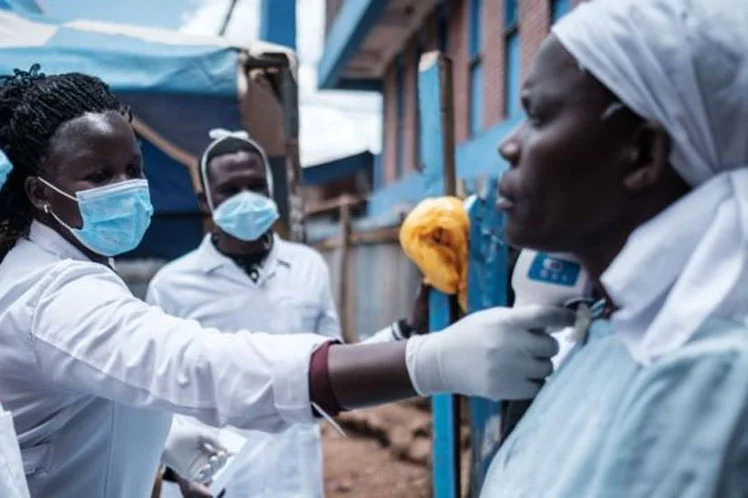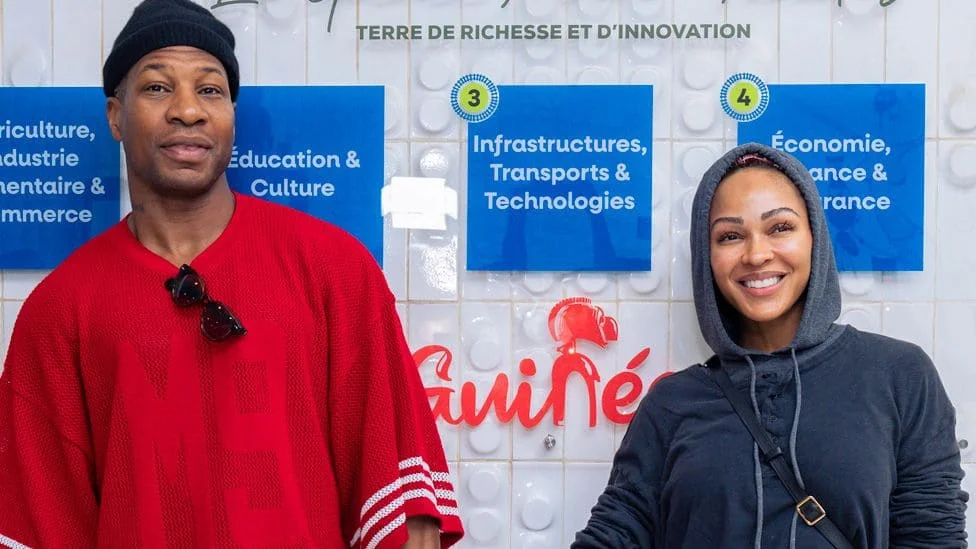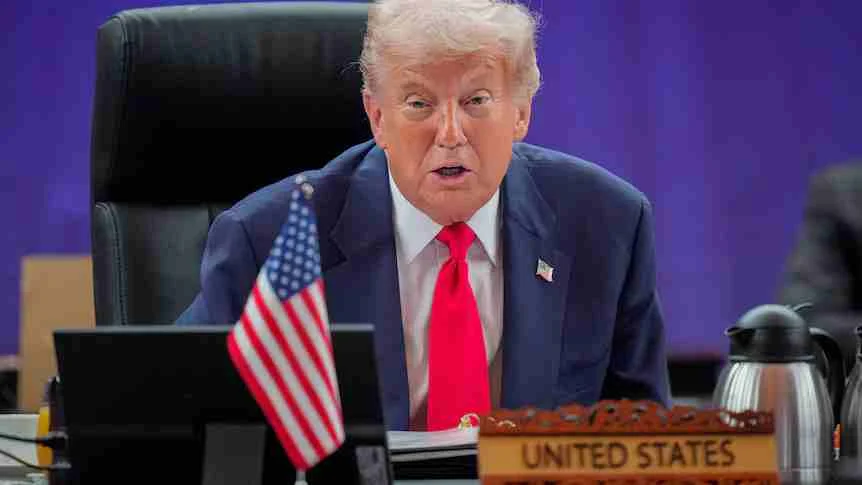Despite the bustling streets of Niamey, an eerie tension lingers as Niger confronts the Covid-19 pandemic.
With over 900 cases reported since mid-March 2020, the government has imposed strict measures to curb the virus’s spread.
However, in a society where physical contact is deeply ingrained, social distancing remains a formidable challenge, and the country’s overstretched healthcare system teeters on the brink.
A Strained Healthcare System
Niger’s healthcare infrastructure, already weakened by chronic underfunding and multiple crises like malnutrition and conflict, struggles to cope with the pandemic.
Alama Keita, a Unicef Niger water, sanitation, and hygiene officer with experience in cholera and Ebola outbreaks, describes Covid-19 as unprecedented.
“This is a pandemic, and those are bigger words,” he said while en route to disinfect a home in Niamey.
Unicef is supporting the government by coordinating preventive measures, supplying hygiene kits, and ensuring healthcare access, particularly for vulnerable children and women at risk of missing vaccinations and facing increased malnutrition.
Social Distancing vs. Cultural Norms
In Niamey’s overcrowded neighborhoods, where community ties are tight, maintaining social distance is difficult. “In a society where physical contact is part of the fabric of things, social distancing remains a challenge,” Keita noted.
Fear of stigma often outweighs fear of the virus, as family reputation is central to Nigerien community life.
When a resident tests positive, word spreads quickly, leading some families to resist home disinfections or “dignified” burials organized by health officials to avoid public shame.
Islamic burial traditions, which involve large gatherings and rapid interment, further complicate compliance with health protocols.
Families sometimes refuse ambulances for virus victims to preserve customary practices, increasing the risk of contagion.
Discretion is critical, as Keita explained, to execute swift interventions that save lives without alienating communities.
Red Cross Volunteers in Action
At gate 237 in Niamey, two Nigerien Red Cross volunteers, clad in protective suits, disinfect a home where a resident tested positive.
Mahamoud Moussa, an education worker turned volunteer, joined the effort to combat the virus rather than remain idle. “I prefer to contribute with my colleagues to this fight,” he said.
The team sprays chlorine on every surface, completing the task in under five minutes to minimize disruption.
Keita reassures the family, promising psychological support and urging them to follow preventive measures, saying, “Your husband has tested positive. But it doesn’t mean he is going to die. Inshallah.”
“Hotel Quarantine”: A Symbol of Crisis
One of Niamey’s oldest hotels, now known as “Hotel Quarantine,” has been repurposed to house up to 70 suspected Covid-19 cases across five floors.
The lobby, once vibrant, is now silent, with volunteers disinfecting shoes at the entrance.
Rubbish bags of contaminated materials line the dimly lit corridors, and medical teams take brief moments to pray before resuming their grueling work.
National police, health officers, and volunteers, risking their lives daily, embody the frontline response in Niger’s capital.
Unicef’s Multifaceted Response
Unicef has been pivotal in bolstering Niger’s response since the first case on March 19, 2020. By April, the agency had supported the installation of temporary health facilities with 40 beds at Niamey’s National Reference Hospital, with plans to expand to 170 beds nationwide.
Training programs for 500 health workers and 200 hygienists on infection prevention, led by Unicef’s Armand Gnahore, emphasize protecting staff and patients while maintaining other health services.
Handwashing stations, hygiene supplies, and community engagement campaigns, leveraging polio eradication networks, promote barrier gestures like mask-wearing and distancing.
Looking Ahead
As Niger navigates this crisis, Keita remains resolute. “We have to continue,” he said, emphasizing the vulnerability of children and women.
“For them, we must work and pray.” With the healthcare system stretched thin and cultural barriers hindering compliance, the efforts of Unicef, Red Cross volunteers, and local authorities are critical to mitigating Covid-19’s impact.
As the pandemic persists, Niger’s resilience and collective action will determine its path forward.






